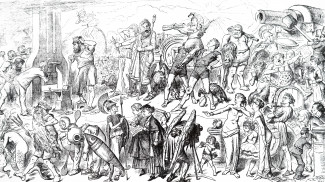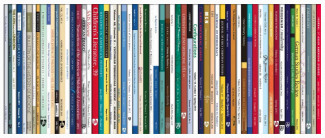Newsroom
Filter
Runaway College Costs: Q&A with Authors James V. Koch and Richard J. Cebula
Why did you write Runaway College Costs: How College Governing Boards Fail to Protect Their Students? Who has not heard complaints about the skyrocketing cost of attending college? Between Fall 2006 and Fall 2020, the growth in the cost of attending a four...

A World AIDS Day Reading List
World AIDS Day, started in 1998 and observed each year on December 1, is an opportunity for people worldwide to unite in the fight against HIV, show their support for people with HIV, and remember those who have died from HIV-related illness. The JHU Press...

Broken Cities: A Historical Sociology of Ruins
I wrote Broken Cities because I saw that ruins were being used to shape our view of the past and even to create the “pastness” of the past. As you can see by looking at the cover illustrations of any number of Classics monographs (including Broken Cities)...
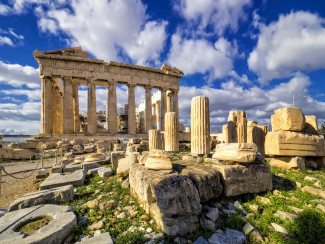
Physico-theology: Religion and Science in Europe, 1650-1750
The drive to reconcile religion and science has a long history that extends to this day. It was especially pressing in the period 1650-1750, when religion was a matter of strong commitment and science was being radically transformed by new mathematical...

Saving Endangered Species
In his now classic 1985 publication, Michael E. Soulé posed a profound question. He asked, “What is conservation biology?” At the time, his article defined this emerging new discipline. Within his answer was an elegant, philosophical assumption. He stated...
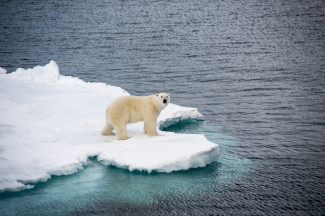
Humanism and Science as a Window into the Culture Wars in America
America’s relationship to science is fraught with turmoil. Images of science have long held an ambiguous place in our collective psyche: from Frankenstein’s monster to the moon landing, people have characterized it in both nefarious and glowing terms. Our...
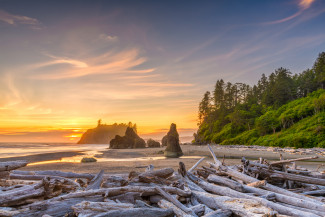
Inscriptions of Nature: Geology and the Naturalization of Antiquity
I wrote Inscriptions of Nature because I felt the need to write a political history of deep time, geohistory, and nature. Deep history, that is the history of the evolution of the earth, is often represented as a purely natural phenomenon; of movements of...
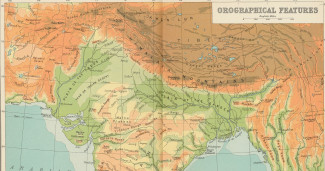
When Statistics Won’t Suffice: How University Presses Can Act to Support Women in Science
Part of the #RaiseUP 2020 University Press Week Blog Tour: Scientific Voices. That women in science must confront disproportionately significant obstacles to succeed is old news – thousands of years old. Gatekeepers (sometimes self-appointed) of scientific...

Serpent in the Garden: Amish Sexuality in a Changing World
Writing about another culture is never easy. Writing about sexuality and another culture? That takes a bold pen. Serpent in the Garden was not an easy book to write for that reason. In the end, though, those who have read it agree. It delivers a perspective...
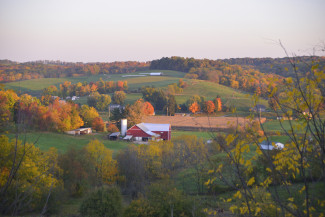
Thinking Geographically about Science and Knowledge—and Why It Matters
It is hard to distil any work and its implications to an essence. But, often, we have to: time may be pressing; audiences (and funders) need convincing—and sometimes quickly. One common feature of graduate training in UK universities in recent years, for...
